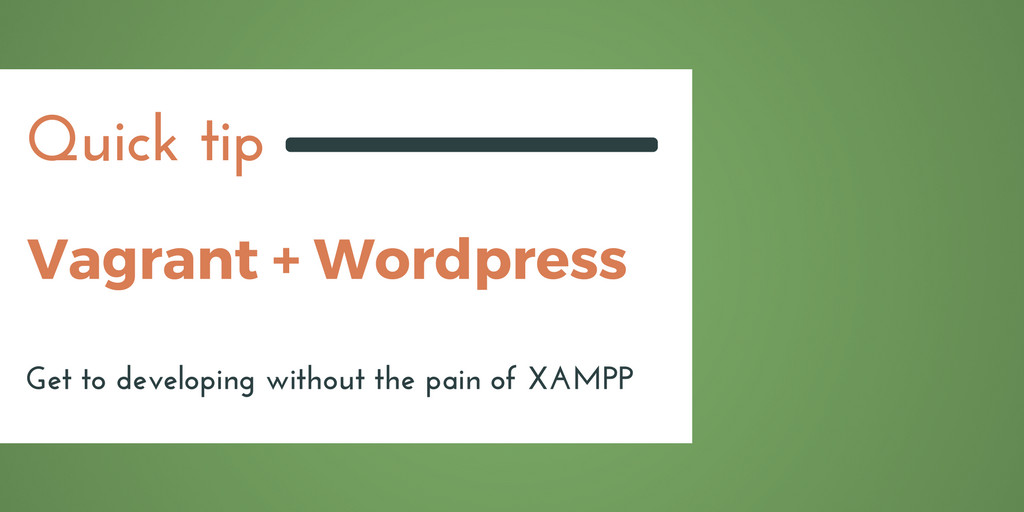What is a Virtual Private Server?
A Virtual Private Server (VPS) is like having your own mini computer inside a bigger computer.
Imagine a large, powerful computer that gets divided into several smaller sections. Each section works like its own complete computer with its own resources, but they all actually exist on the same physical machine.

How does VPS Hosting Work?
A VPS is created using virtualization software that divides the resources of one dedicated server into multiple virtual servers (VPS). Each VPS is allocated a specified amount of CPU, RAM, and bandwidth.
Generally, you'll rent a VPS from a hosting company that houses dedicated servers in a data center. For example, SSD Nodes offers extremely powerful low-cost VPS servers.
A single server could house hundreds of virtual servers. But each VPS has its own resources and its own operating system. So it works just like a dedicated server but at a fraction of the cost.
VPS hosting is a popular and flexible hosting solution, carving out a middle-ground between shared hosting and dedicated server hosting.
A virtual private server offers you better performance than shared hosting, lower prices than dedicated hosting and increased flexibility over either of the other options.
So, is VPS hosting right for you? Let’s find out...
Why Choose a Virtual Private Server over Other Hosting Options?
VPS Hosting vs Shared Hosting
Think of shared hosting like a crowded apartment building where everyone shares the same utilities. If one tenant uses too much water or electricity, everyone else experiences reduced service. Your neighbors' activities directly impact your experience. When they have parties (high traffic), your resources get stretched thin.
A Virtual Private Server (VPS), on the other hand, is like having your own condo unit with dedicated utilities. While you're still in the same building, you have guaranteed resources that can't be taken by others.
You can also think of shared hosting like a huge open office where everyone shares space and sometimes steals lunch, while VPS hosting gives you a private office with a lock and your own refrigerator.

Performance in shared hosting is unpredictable, as many accounts share the same server without restrictions. And that means your site might experience performance issues if traffic spikes on another site on the server you’re sharing.
A VPS lets you utilize the maximum server resources allocated to you.
Depending on the provider, you may even be able to scale these resources when needed. For example, SSD Nodes provides the ability to easily upgrade your server to make use of more resources, you can also upgrade easily from our SSD storage plans to NVMe VPS.
VPS hosting also gives you more control over your security.
You (or your host, in a managed service) are responsible for managing the security of your server— meaning that your VPS security is as strong as you make it.
On a shared server, on the other hand, all accounts share the same environment. An affected site on the server could cause damage to your site, even if your site security is strong.
Virtual Private Server Hosting vs Dedicated Server Hosting
A dedicated server is an entire physical server reserved just for you.
And that sounds pretty great, right?
Well, in some ways it is. Dedicated server hosting guarantees maximum performance, zero sharing of resources, and the best security, as no one else shares CPU cycles with your applications.
But the cost of running and maintaining a dedicated server is just too high for most small companies...and many larger ones too.
You’ll need an in-house or outsourced system administrator for managing, patching, and upgrading the server. And when it’s time to scale up you have to purchase hardware and send someone to the rack to put it in.
A VPS is functionally equivalent to a dedicated server, and much more affordable.
With the right specs, it can offer a similar level of performance. A VPS is also easily scalable-- in many cases, you can add new virtual resources in real-time with just a few clicks.
And because your virtual private server is isolated from other virtual servers on the hardware, your security is as strong as you make it.
Types of Virtual Private Server Hosting: Managed vs Unmanaged
Depending on your level of experience (and how much you want to spend) you can either manage your own VPS or pay a hosting company to do it for you:
Managed Virtual Private Server
A Managed VPS is actually two products in one: a VPS and a service contract that makes your hosting experience easier.
You’ll still get full control over your server, but you’ll also get support from the engineers who can help with installing software, updating your server, and keeping it secure.
Depending on the level of service, they can also help you with reviving your website after a possible cyber-attack or take full server backups.
Unmanaged Virtual Private Server
An unmanaged VPS is a more raw server experience.
You’ll get access to the server with a pre-installed operating system, but you’ll need to install most everything else you want on your box from scratch. You’ll also need to set up your own security.
That means you either need to know how to do it or hire someone to do it for you. Some VPS providers do offer some basic services—like one-click software stack installs and automated snapshot backups—for an additional charge.
An unmanaged VPS is great for experienced server administrators as well as for aspiring developers and students. If you’re curious, there are great resources and tutorials to help you get started.
What Can I Do With a Virtual Private Server?

The flexibility of VPS technology makes them perfect for almost any application. Let’s look at some of the popular use-cases:
Web Hosting
Websites hosted on a VPS server are faster and more secure (when properly configured) than shared hosting.
You can also run your own software or even host multiple websites on a single server. And if your site gets popular, it’s easy to upgrade to more resources—like RAM and CPU—to accommodate the demands of your growing traffic.
Blog Hosting
If your blog traffic is growing and you’re unsure if your existing shared hosting can handle it, a VPS may be the solution.
A VPS can give you the performance your blog needs to serve each visitor with speed, even when your traffic spikes unexpectedly.
Database Hosting
Hosting a database on a VPS lets you manage it in an environment that's isolated, secure and scalable.
It’s ideal for large applications with many concurrent users accessing the database that expect fast delivery on every request.
Recent advancements in storage technology—NVMe drives—allow virtual servers to produce some mind-bending database speeds to keep your apps humming and users thrilled.
Application Hosting
Unlike shared hosting, a VPS is a server with its own operating system so you can use it to host, develop or test new applications.
It’s a great option for hosting your web app startup without blowing your whole budget on hosting in a couple of months.
Or for self-hosting apps to save money on SaaS subscriptions. Or for setting up a staging environment for your newest development project.
Game Hosting
A VPS is perfect for hosting your own game servers, providing you with full control over settings, mods, and customizations to create the ultimate gaming experience.
You can use SSD Nodes Gaming to host multiplayer titles like Minecraft, Counter-Strike, or Rust. A VPS offers the reliability and resources to support smooth gameplay and reduce latency for your players.
Advantages of VPS Hosting
A Virtual Private Server offers a cost-effective alternative to dedicated servers while providing a more private and secure environment than shared hosting.
You'll enjoy better performance and greater control, with the ability to customize the server to your specific needs. As your requirements grow, VPS hosting is easily scalable by simply adding resources.
Additionally, you can install custom software stacks and implement your preferred security measures to create the perfect hosting environment for your projects.
Disadvantages of VPS Hosting
A VPS, like everything else, also comes with its own set of disadvantages:
- You’ll need a bit of server-side knowledge to leverage its full capabilities.
- It requires a bit of management and you might have to do a few tasks manually.
- It costs more than shared hosting.
- Security is your responsibility on unmanaged VPS servers.
- Slightly lower performance compared to a dedicated server of the same specs.
Is a Virtual Private Server Right for You?
When picking a hosting solution, you need to consider a lot of variables--- like your budget, your experience level, and what you plan to do with it.
So you’ll need to weight all those options.
That said, a VPS is an extremely flexible hosting solution that can provide tons of performance, resources, and control at very low prices.
FAQ
What is an SSD VPS Server?
An SSD VPS Server is a Virtual Private Server that uses Solid State Drives for storage. SSDs are faster and more reliable than traditional hard drives, improving the server's performance and speed.
What is NVMe VPS Hosting?
NVMe VPS Hosting uses Non-Volatile Memory Express (NVMe) drives, which are even faster than SSDs. This results in quicker data access and better overall server performance.
What are VPS Locations?
VPS Locations refer to the physical data centers where the virtual private servers are hosted. Choosing a location closer to your users can improve website loading times and performance.




